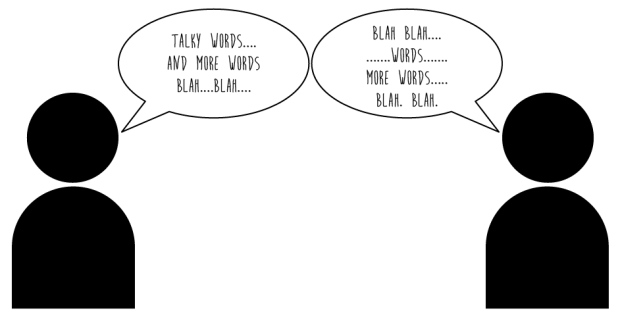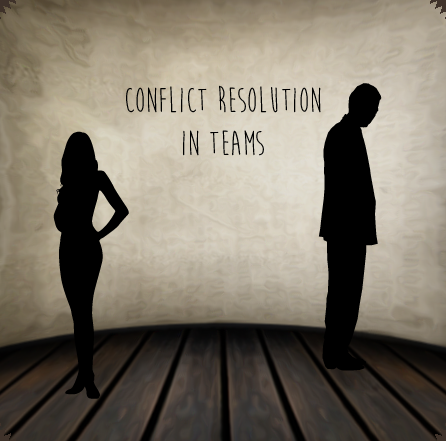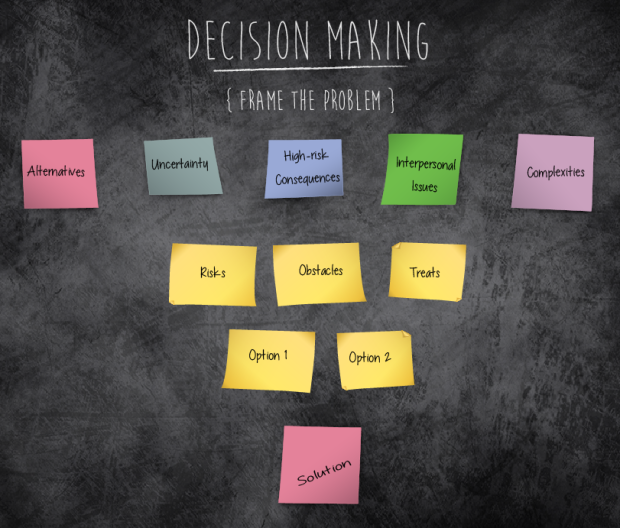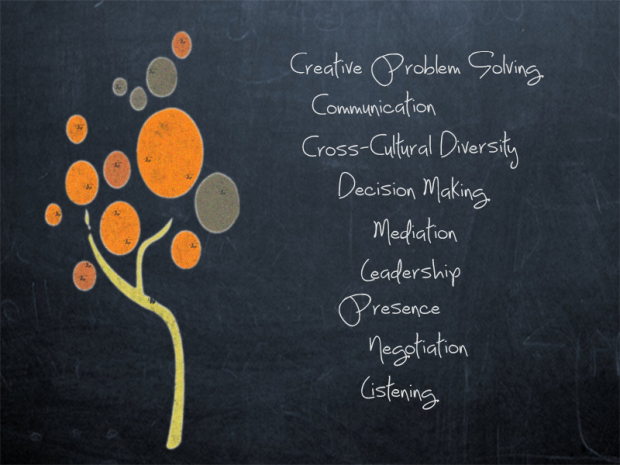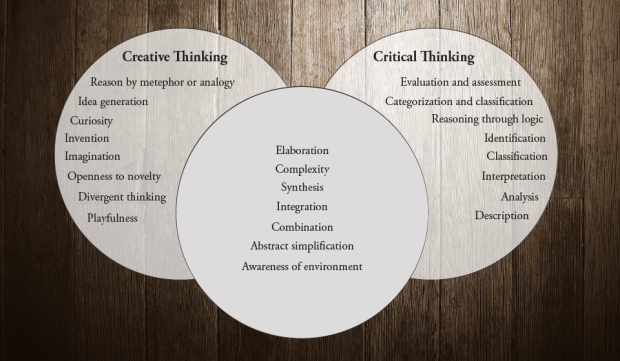
Listening is something that many of us take for granted. We confuse listening with hearing when the two are widely different. Being able to truly listen to your co-workers, colleagues, and managers takes more than just hearing what they’ve said, it takes real listening skills. In the following video Julian Treasure talks about five ways to listen better.
Julian Treasure’s Three Listening Positions:
Active/Passive Listening
Active listening is a communication technique which requires the listener to feed back what they hear to the speaker, by way of re-stating or paraphrasing what they have heard in their own words, to confirm what they have heard and moreover, to confirm the understanding of both parties.
Passive listening is when you focus on what you’re listening to, but aren’t doing anything apart from listening. Thus, it is much more active and requires time of a different quality than background listening.
